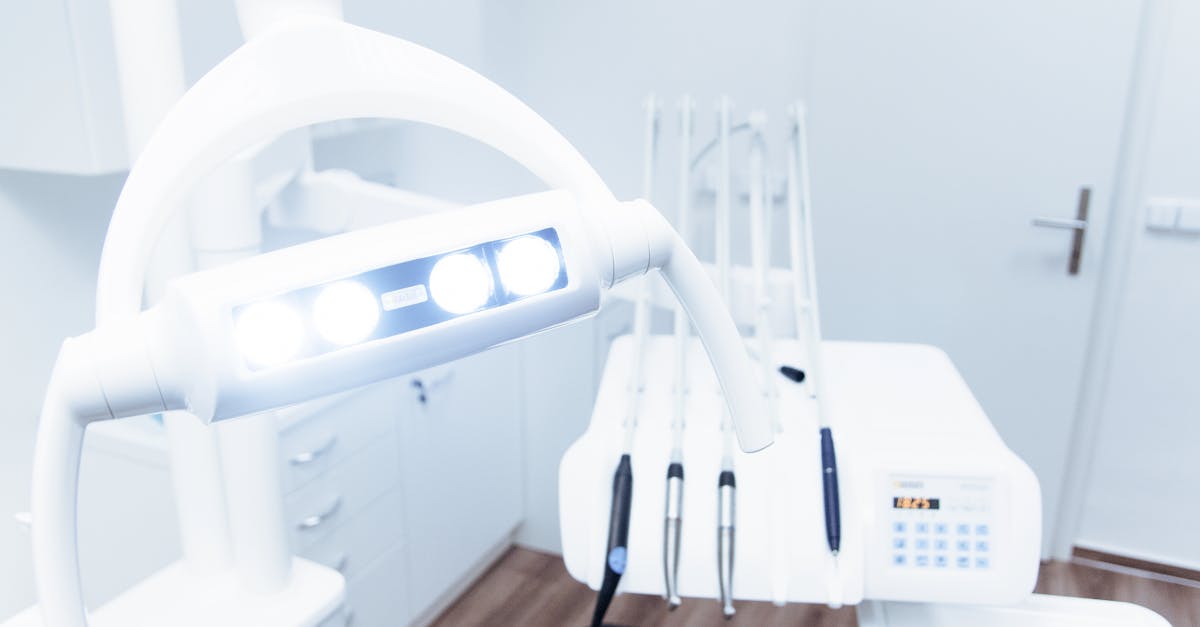Published on:
6 min read
Navigating Dental Surgery: A Comprehensive Journey to Oral Health
Dental surgery can be a daunting experience for many, but understanding the process can make it less intimidating. This guide offers insights into what to expect before, during, and after surgery to help you prepare effectively.

Understanding the Need for Dental Surgery
Dental surgery can arise for various reasons, including severe tooth decay, impacted wisdom teeth, or corrective jaw surgery. It’s essential to recognize that dental procedures are not solely for aesthetics; many are critical for maintaining overall health. If you experience chronic pain, swelling, or infection, it is crucial to consult with a dental professional. They will evaluate your situation and may recommend surgery to restore function, reduce discomfort, and prevent further health issues. By understanding the potential necessity of surgery, you can begin to mentally prepare for what lies ahead.
What to Expect Before the Procedure
Preparing for dental surgery involves a few essential steps to ensure that you are ready both physically and mentally. Firstly, your dentist or oral surgeon will provide detailed instructions regarding pre-operative care, which may include dietary restrictions and medications to avoid. It's also a good idea to communicate any health concerns or medications you are currently taking. Scheduling a consultation can alleviate anxiety by giving you the chance to ask questions about the procedure, anesthesia options, and recovery timeline. Finally, arranging for someone to drive you home post-surgery is advisable, as anesthesia can impair your ability to operate a vehicle.
Recovery: Tips for a Smooth Healing Process
Recovery after dental surgery requires careful attention to ensure proper healing and reduce the risk of complications. Initially, expect some swelling and discomfort; applying ice packs can help manage these symptoms. Follow your dentist's postoperative instructions explicitly, including prescribed medications and dietary restrictions. Staying hydrated and consuming soft foods can aid your recovery process. It’s also important to maintain excellent oral hygiene even in the recovery period, as this can prevent infections. Regular follow-ups with your dentist will be vital in monitoring your healing progression and addressing any concerns.
Conclusion: Embracing the Journey to Better Oral Health
Navigating dental surgery can be a challenging journey, but with the right preparation and mindset, it is a crucial step towards achieving optimal oral health. Understanding the process, being proactive in your recovery, and maintaining open communication with your dental professional will pave the way for a successful outcome. Remember that this journey is not just about fixing dental issues but enhancing your overall well-being.
Published on .
Share now!










